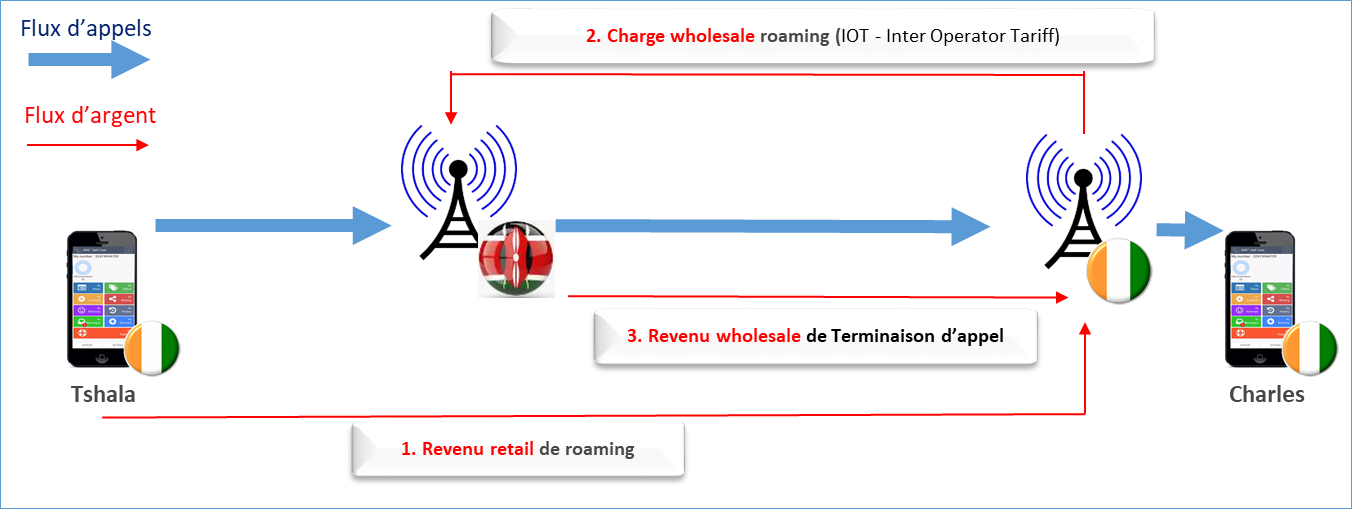
International traffic tariffs within Africa remain high, whether for voice calls from one country to another, or for voice and data roaming. These high tariffs are generally due to high wholesale tariffs which reflect a brake on usage and accelerate the cannibalization of traffic by OTTs such as WhatsApp.
Telecom operators and regulators have come up with some initial responses, with the emergence of abundance voice offers ("corridor" offers to make calls from one country to another) or free roaming offers ("Roaming like a Local"), however, limited to some regions.
In this context, an international wholesaler proposed to Smart Africa a breakthrough model: a regulation and a generalized decrease of all wholesale and retail tariffs applicable to intra-African traffic, voice and data, including in roaming situations.
Our client, an international operator present in Africa with a wholesale activity, asked our experts to simulate the economic impact of the scenario proposed by this competitor, and to elaborate alternative scenarios so as to be able to make counter-proposals to Smart Africa.
Its objective: to offer a new counter proposal to SMART Africa.
Methodology
To meet our client's expectations, Sofrecom's team of consultants developped different pricing scenarios following 5 steps:
- Data collection: traffic volumes, retail and wholesale tariff grids,
- Traffic analysis: by country of origin, destination, roaming.
- Development of tariff schemes and scenarios
- Application of different pricing scenarios and impact calculations: current solution, scenario proposed by competitors, counter pricing scenarios.
- Production of financial KPIs: retail revenues, wholesale revenues, wholesale expenses, currency balance
Our experts then formulated several hypotheses in terms of volume/price elasticity and fraud impact, based on real cases. These scenarios were defined with our clients’ technical teams, identifying the areas of differentiation per scenario and strong points. The objective of our team is to provide our client with a decision-making tool to help them prioritize the scenario to be submitted to Smart Africa.
Example of a voice call in roaming to the "Home" country: here, Tshala and Charles are customers of the same Ivorian operator and Tshala is calling Charles who is Ivory Coast, from Kenya.

Result
At the end of our mission, this study allowed our client to develop a more detailed knowledge of the international voice traffic of its subsidiaries and the overlap between international and roaming traffic.
Our client was able to reposition itself with Smart Africa with an alternative scenario, minimizing the economic impact for telco operators compared to the one proposed by the competitor.




